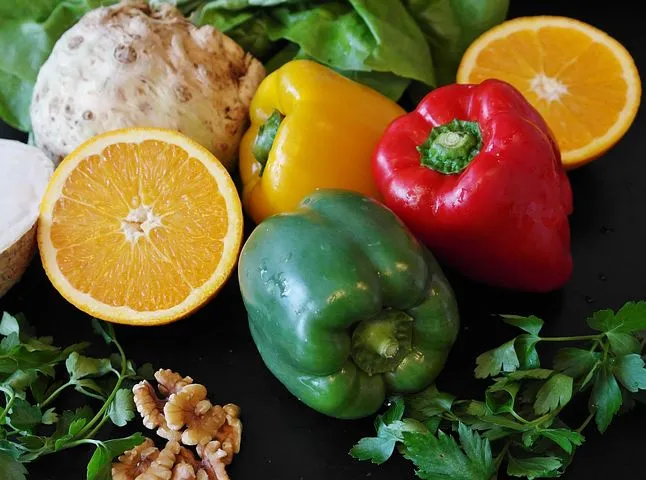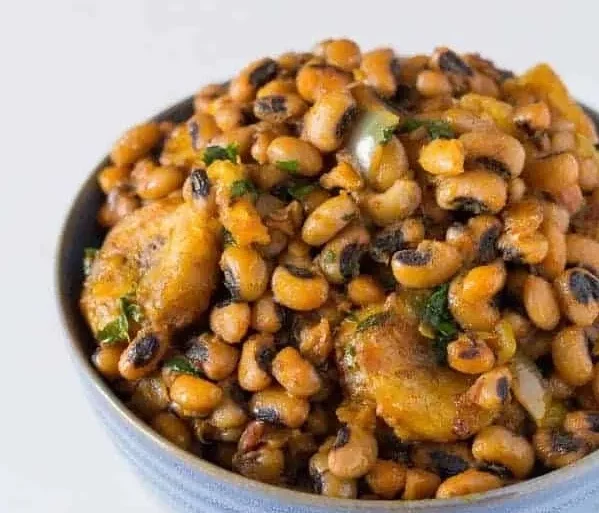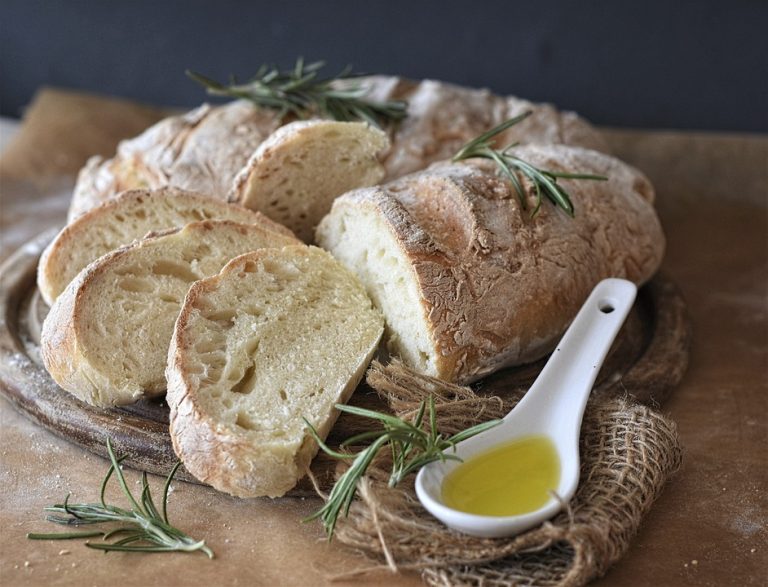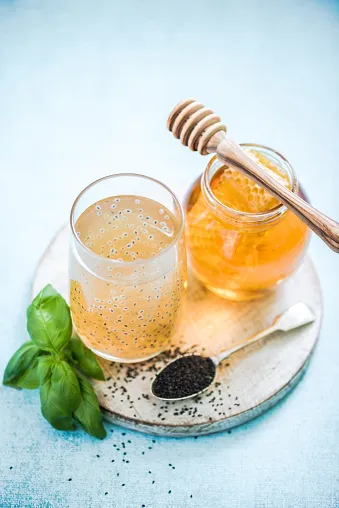Health Benefits And Side Effects of Guinea Corn
Guinea corn is an indigenous food in Nigeria. Also known as sorghum, a quarter of a cup of Guinea corn contains about 163 calories. It is a type of grain that is grounded and used in making pap, bread and pancakes. It is sometimes prepared alone or added to other grains like millet. Today, we will be examining the Health Benefits And Side Effects of Guinea Corn.
Guinea corn contains proteins, minerals, vitamins and cellulose. Guinea corn is good for babies because it contains minerals essential for their growth. It is also good for convalescent and malnourished people.
Guinea corn abundantly contains phosphorus, potassium, calcium and magnesium which are important for the normal functioning of the body. It also contains manganese, zinc, vitamin B complex, and copper. Guinea corn does not contain gluten and it belongs to the Poaceae grass family. Read Also: Health Benefits Of Scent Leaves [Ocimum Gratissimum].
HEALTH BENEFITS AND SIDE EFFECTS OF GUINEA CORN
health Benefits
Below are the health benefits of Guinea corn below:
Source of energy
Guinea corn provides energy for the body. It is a good source of complex carbohydrates, so it does not cause sugar spikes in the blood. Rather, it gradually releases its energy content for the use of the body all through the day.
Source of protein
Guinea corn is an abundant source of protein for the body. The body needs a large amount of protein and guinea corn is an ideal candidate. Protein is an essential class of food that builds the tissues and muscles of the body. It repairs worn-out tissues and produces enzymes and hormones.
Essential nutrients and minerals
Another health benefit of Guinea corn is that it provides essential vitamins and minerals to the body. We have the B vitamins, magnesium, phosphorus, potassium, calcium, copper and manganese which all help in the production of blood, the building of bones and tissues, maintenance of nerve transmission and promotion of a healthy heart.
Diabetes prevention
Guinea corn is a complex carbohydrate, hence, does not cause sugar spikes associated with diabetes. It also makes the digestive tract have the feeling of being filled so one does not consume much food. It is an ideal food for diabetics and prevents diabetes in healthy people.
Obesity prevention
Another health benefit of Guinea corn is that it prevents obesity. It quickly provides feelings of satiety in the digestive tract and prevents overeating, hence, preventing obesity.
Obesity is one of the major health problems in the world today as it contributes to cardiovascular diseases, diabetes and cancer. Having a portion of food that prevents obesity in one’s diet is the real deal.
Low bad cholesterol
Guinea corn contains compounds that help reduce the bad cholesterol and increase the good cholesterol. They also reduce triglycerides and the levels of insulin. This helps prevent cardiovascular diseases and stroke.
Cancer prevention
Guinea corn prevents cancer through its antioxidant activities. It contains tannins that attack cancer-causing radicals in the body.
Fat content
Guinea corn is a low-fat food as it contains only 1.6 grams of total fat. Reduction of fat in one’s diet keeps one in good health and helps prevent obesity, cardiovascular disorders and some cancers.
Underweight babies
Another health benefit of Guinea corn is that it assists underweight babies to quickly put on a healthy weight. This is because it contains all the essential vitamins, minerals and macronutrients needed for the growth and development of the baby. It can be made as pap or kunu for the baby to eat.
Anti Inflammatory activities
Phenolic compounds from Guinea corn has been proven to inhibit inflammatory activities in the body. Oxidative stress causes inflammation in the body which results in chronic diseases. However, Guinea corn’s phenolic compounds put a stop to all of that.
Heart disease prevention
Guinea corn contains lipids that assist cardiovascular health by balancing the synthesis, absorption and excretion of cholesterol. Guinea corn also contains antioxidants that fight cardiovascular disorders.
Constipation prevention
Guinea corn contains high dietary fibre which helps with adequate bowel movement and prevention of constipation. High fibre diets also prevent colon cancer and cardiovascular diseases.
Celiac disease prevention
Guinea corn is gluten-free hence, helps to prevent celiac disease. It is also good alternative food for people with celiac disease compared to barley and wheat that contain gluten.
Bone health protection
Guinea corn is rich in calcium and magnesium are important for the normal functioning of bones in the body. A deficiency in these minerals can lead to arthritis and osteoporosis.
Manganese
Another health benefit of Guinea corn is that it is rich in manganese. Manganese helps in the metabolism of various nutrients. It is stored in the pancreas, brain, bones, kidneys and liver as it is not produced by the body.
It helps to activate enzymes, helps with digestion of amino acids and their usage, and metabolism of carbohydrates. Manganese helps form an antioxidant called superoxide dismutase (SOD). This helps shield the body from harmful and inflammatory causing radicals.
Side effects of Guinea corn
The high fibre contained in guinea corn makes it unrecommended for people who are prone to gastrointestinal diseases.
Pregnant women should not suddenly switch to a guinea corn diet during pregnancy. This might lead to constipation or diarrhoea.
When it comes to nutrition for children, care must be taken of their immature digestive tract. When it is to be used to make pap, the grounded guinea corn should be sieved to remove the chaff which contains a high amount of indigestible fibre so that it can be suitable for the children’s consumption.
People who are allergic to guinea corn and its products should avoid taking it. Signs of allergy include Shortness of breath, swelling of the face, lips and tongue, itchy red rash. Read Also: 15 Health Benefits Of Soursop Leaves Tea.
Conclusion
Guinea corn is a suitable food overall to be added to one’s food regimen. However, through this article on Health Benefits And Side Effects of Guinea Corn, we are sure you’ve learnt its advantages to the body and how it can be prepared in different ways. It can also be mixed with other grains to get a more fortified diet. Its side effects must be put into consideration and care must be taken when consuming guinea corn in light of its side effects.
Guinea corn can be fermented and mixed with millet or maize to prepare an ideal weaning food for babies. It can also be grounded as flour and serve as a gluten-free flour for making baked products. Guinea corn can also be cooked whole grain just as you cook rice. It is an excellent source of the classes of food in the ideal proportion. Add guinea corn to your meals and be glad you did.






